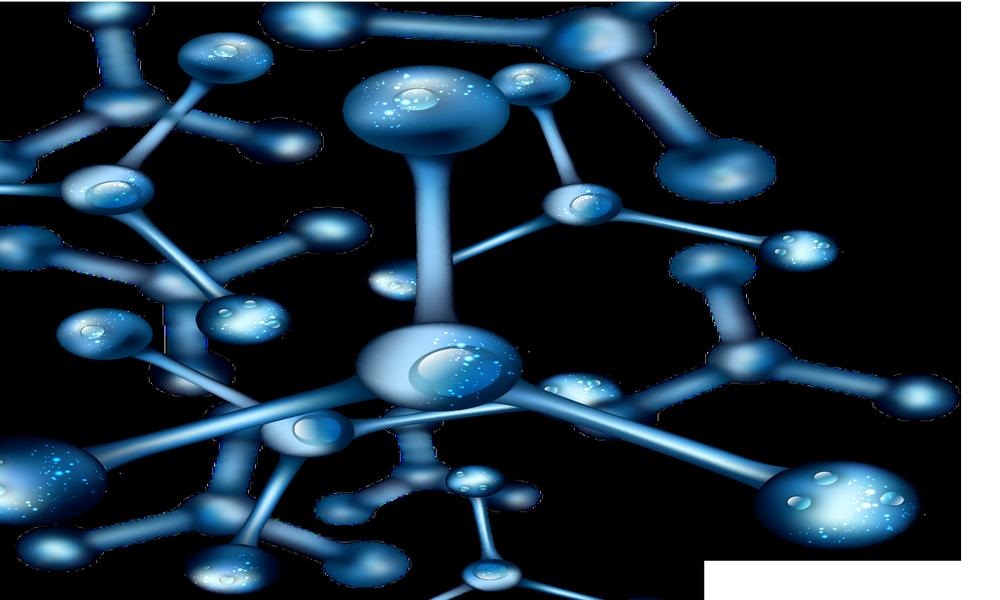This study delves into the cognitive effects of LSD-25 and tryptamines synthesized using BMK glycidate, aiming to understand how these hallucinogens influence key cognitive functions. By exploring creativity, problem-solving abilities, and memory, we seek to provide insights into the potential cognitive enhancements or disruptions associated with the use of these substances.
Methodology:
Participant Recruitment:
- Selection of individuals with firsthand experience in using LSD-25 synthesis or tryptamines synthesized with BMK glycidate.
- Diverse recruitment from online communities, forums, and social networks.
Experimental Design:
- Administering controlled doses of synthesized LSD-25 or tryptamines to participants in a monitored and safe environment.
- Employing validated cognitive tests and assessments to measure creativity, problem-solving, and memory.
Longitudinal Study:
- Conducting assessments before, during, and after the hallucinogenic experience to capture immediate and sustained cognitive effects.
- Exploring potential changes in cognitive function over time.
Key Cognitive Domains:
Creativity:
- Utilizing creativity assessments to evaluate participants’ divergent thinking, originality, and ideational fluency.
- Investigating whether LSD-25 and tryptamines contribute to enhanced creative thinking.
Problem-Solving:
- Employing standardized problem-solving tasks to assess participants’ ability to approach and solve novel challenges.
- Exploring the impact of hallucinogenic experiences on cognitive flexibility and problem-solving strategies.
Memory:
- Assessing both short-term and long-term memory through established memory tests.
- Investigating whether LSD-25 and tryptamines influence memory recall and recognition.
Subjective Reporting:
- Encouraging participants to provide subjective accounts of their cognitive experiences during and after the hallucinogenic sessions.
- Capturing perceptions of increased insight, altered thought patterns, or disruptions in cognitive processing.
Control Group:
- Including a control group that receives a placebo to distinguish between the effects of the hallucinogenic substances and potential placebo responses.
Ethical Considerations:
Ensuring informed consent and providing detailed information on potential risks and benefits.
Offering psychological support and debriefing sessions to participants to address any emotional or psychological challenges arising from the study.
Analysis and Reporting:
- Employing statistical analyses to quantify cognitive changes and identify patterns.
- Presenting findings in a comprehensive report, detailing the impact of LSD-25 and tryptamines on creativity, problem-solving, and memory.
Conclusion:
This study aims to contribute to the scientific understanding of the cognitive effects associated with LSD-25 and tryptamines synthesized with BMK glycidate synthesis. By exploring creativity, problem-solving, and memory, we seek to elucidate the potential cognitive enhancements or alterations linked to the use of these hallucinogens, providing valuable insights into the broader cognitive impact of these substances.




